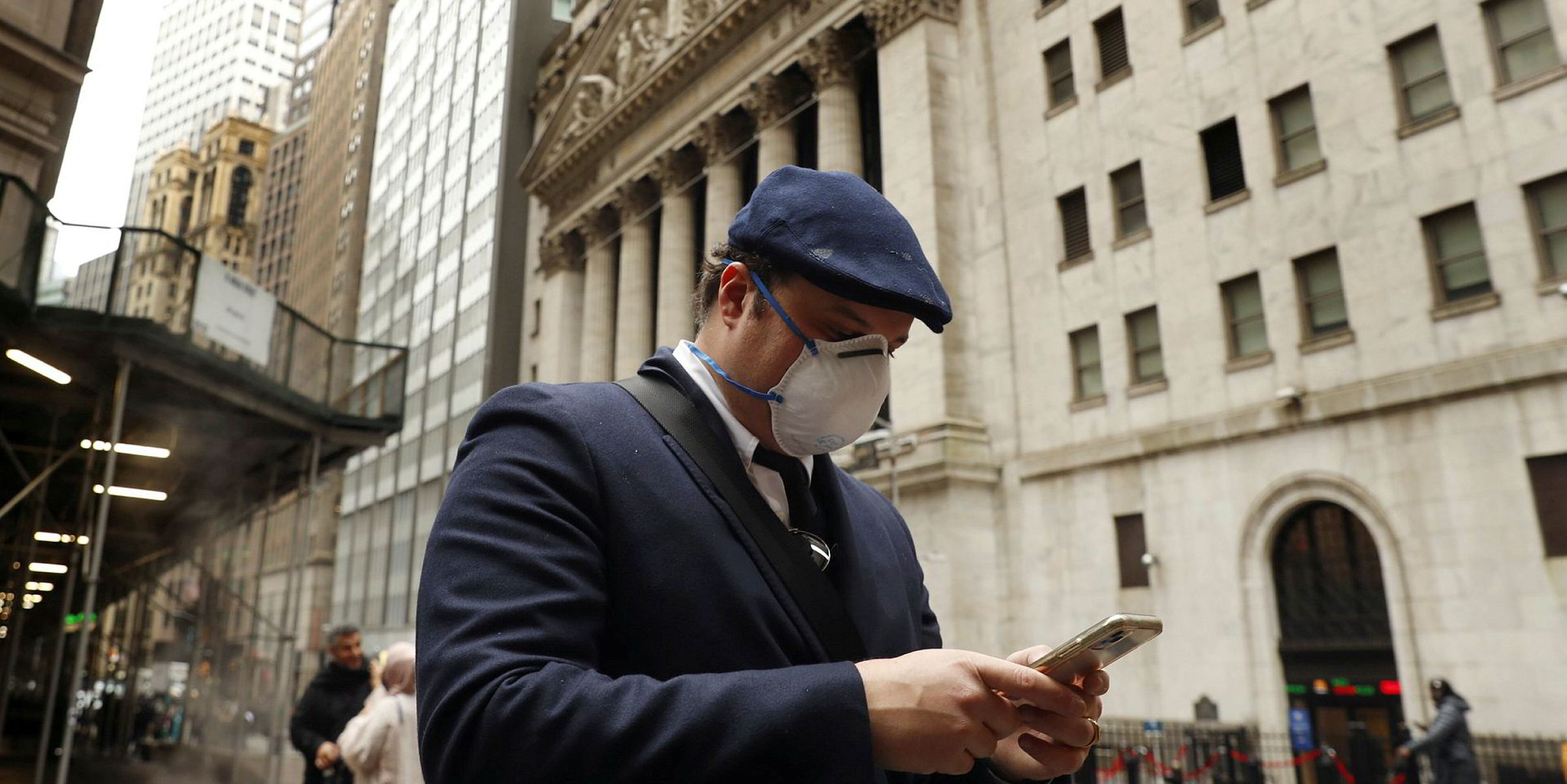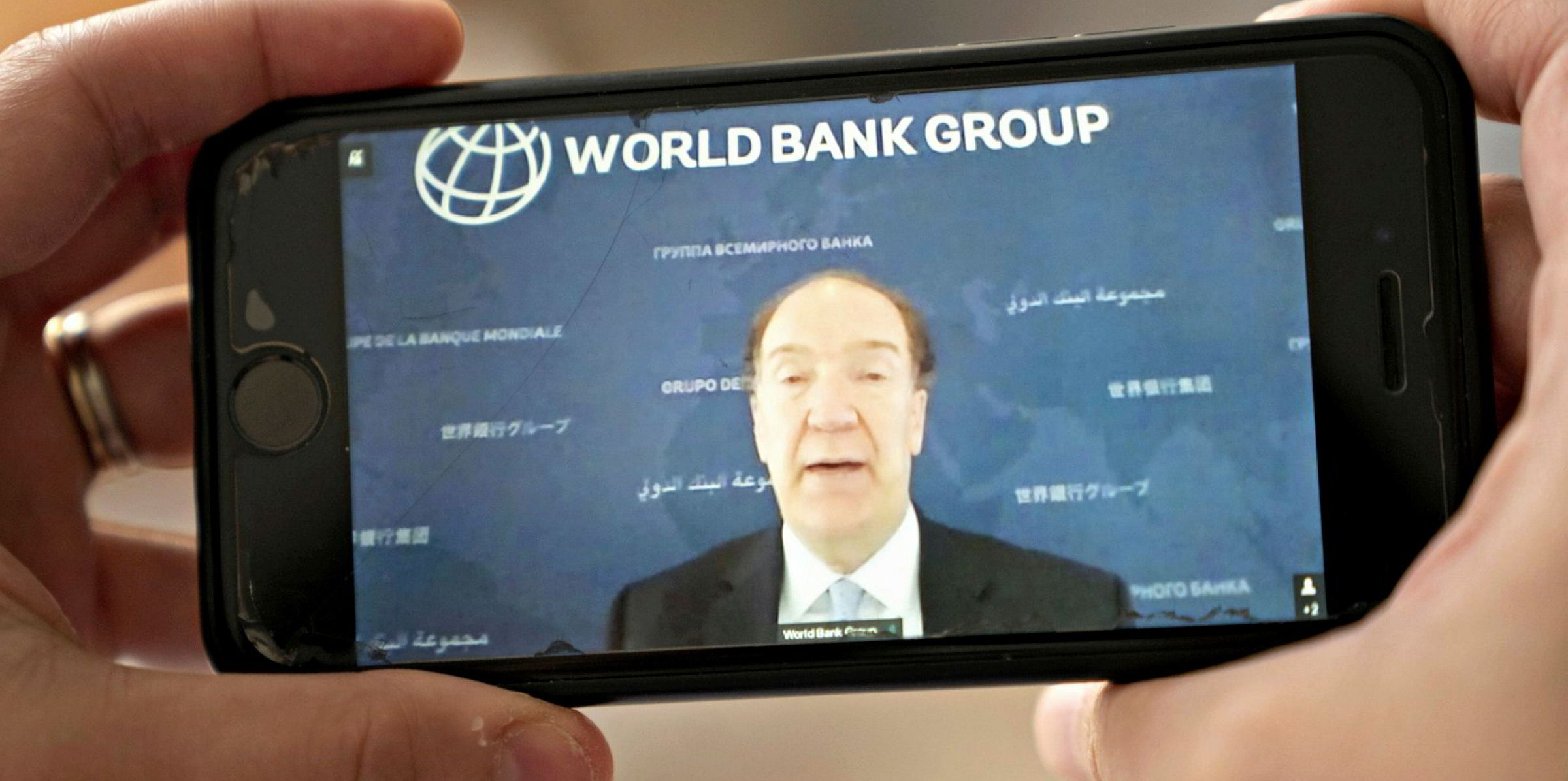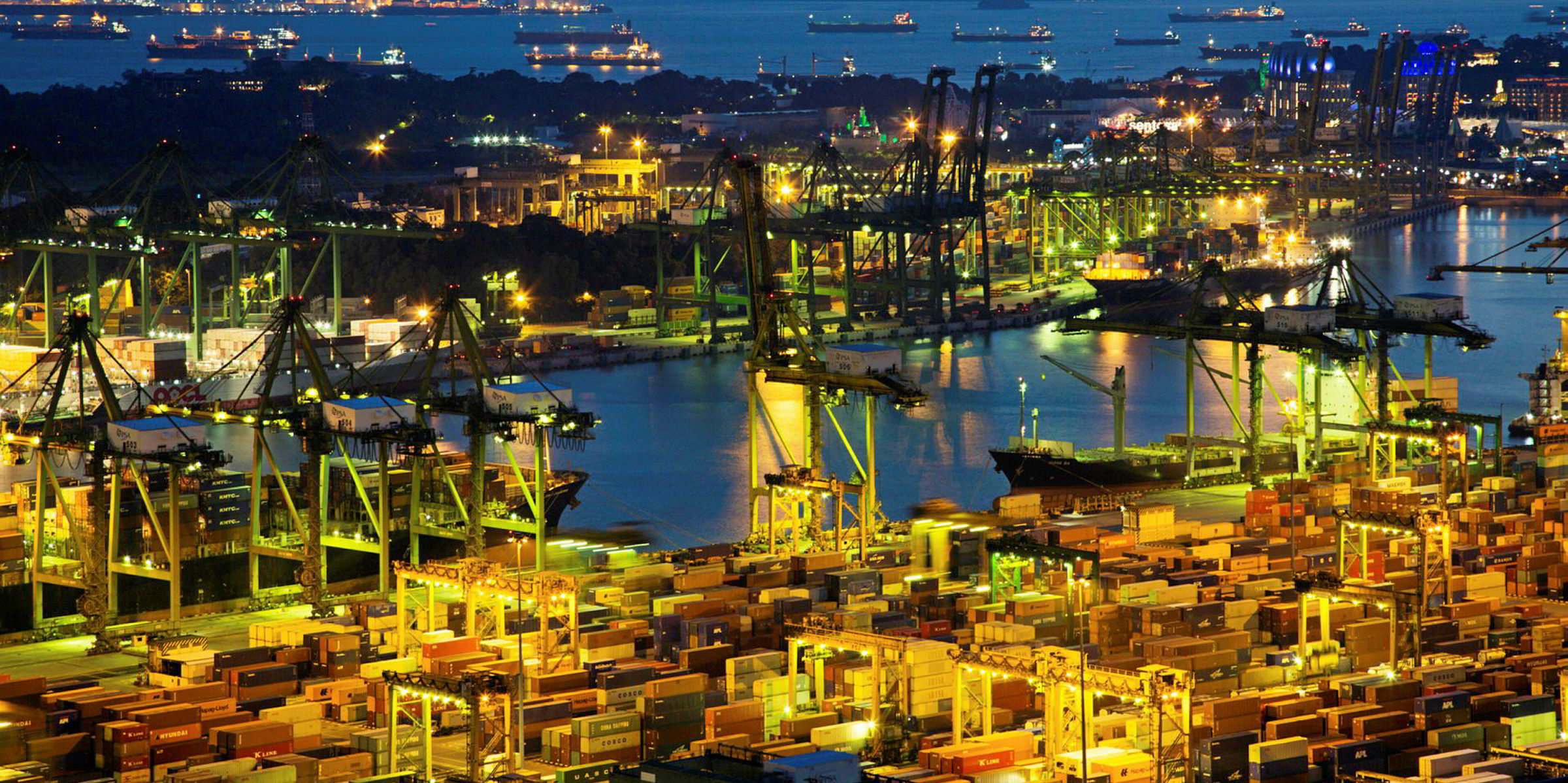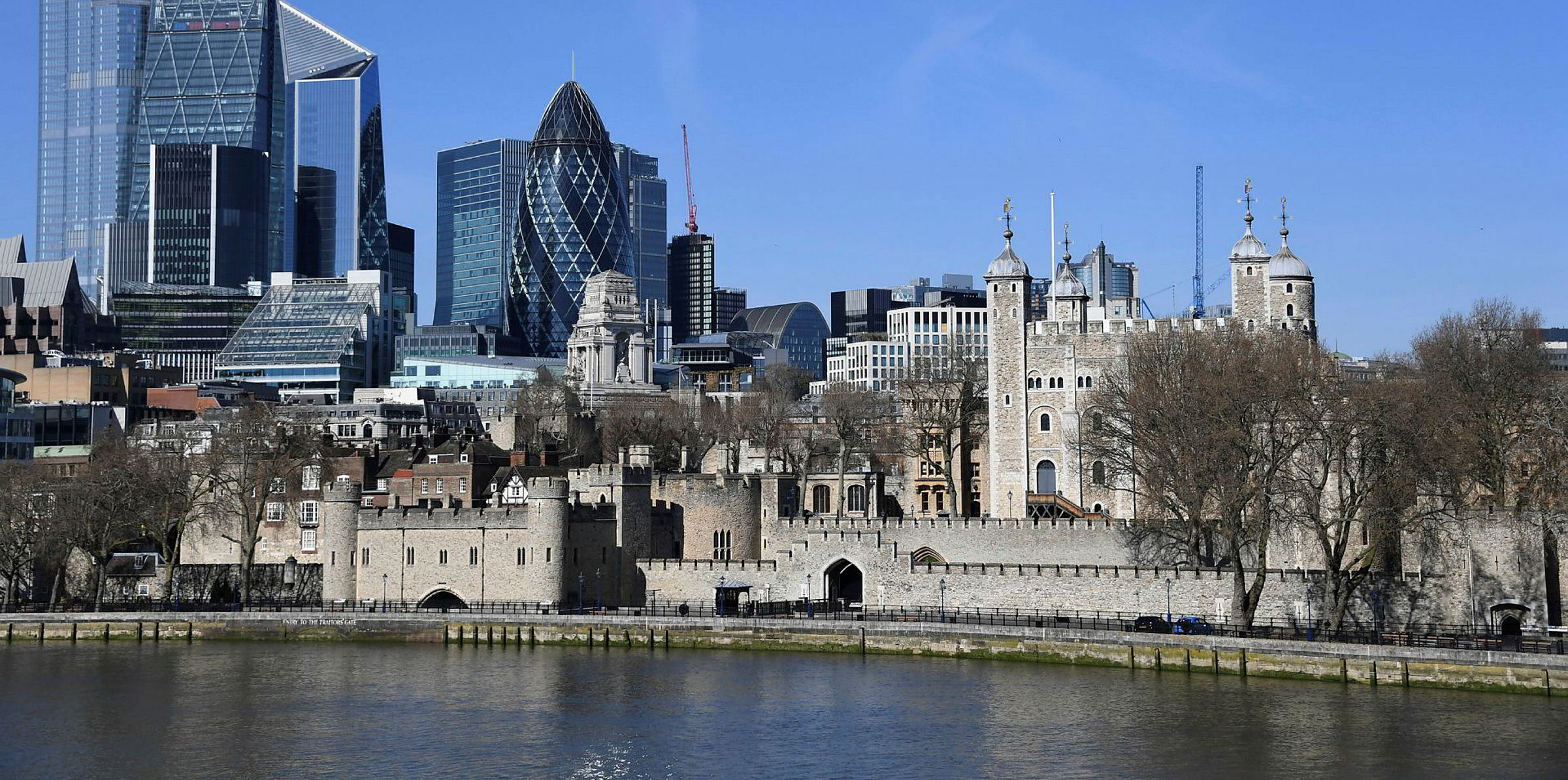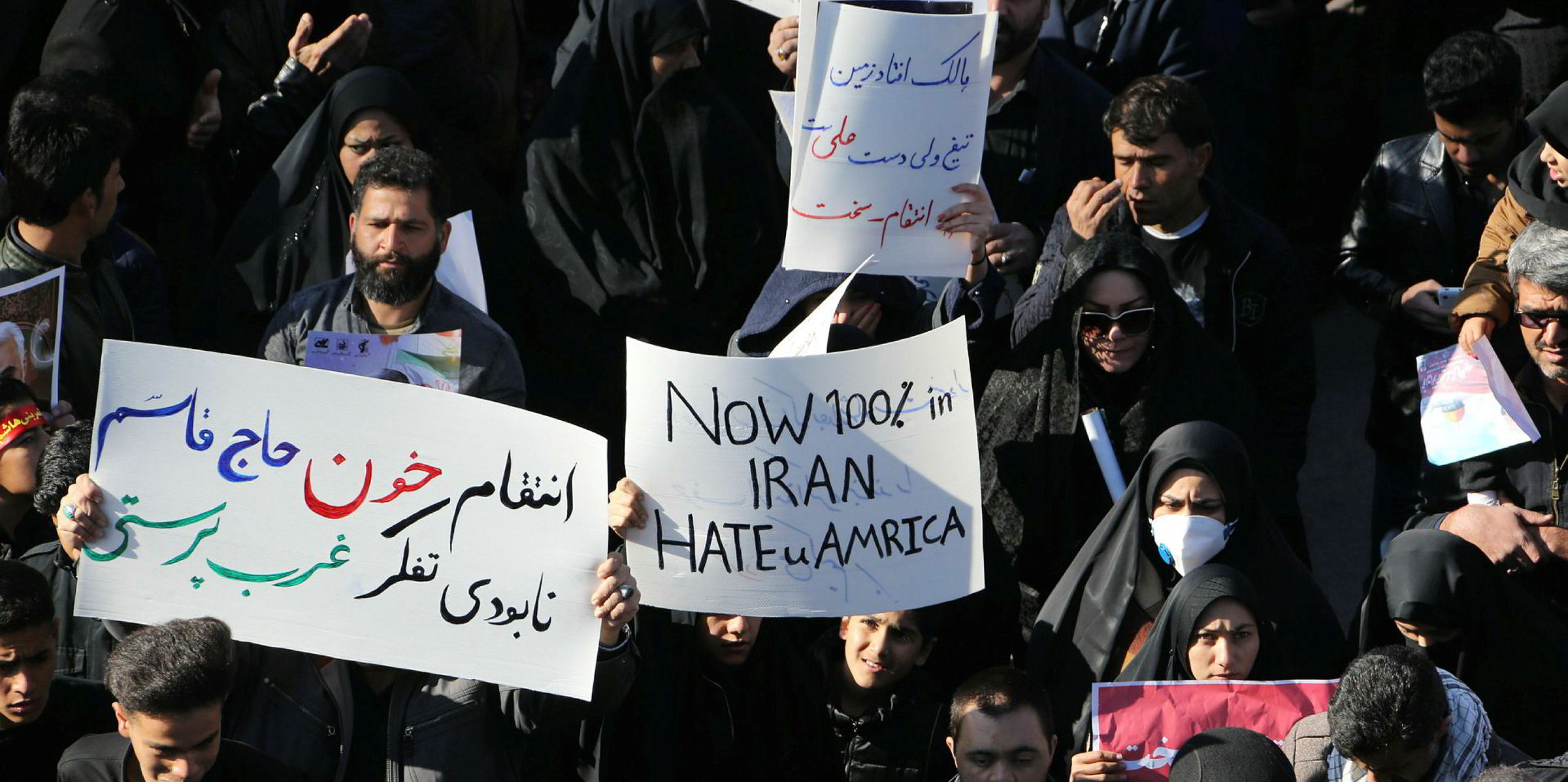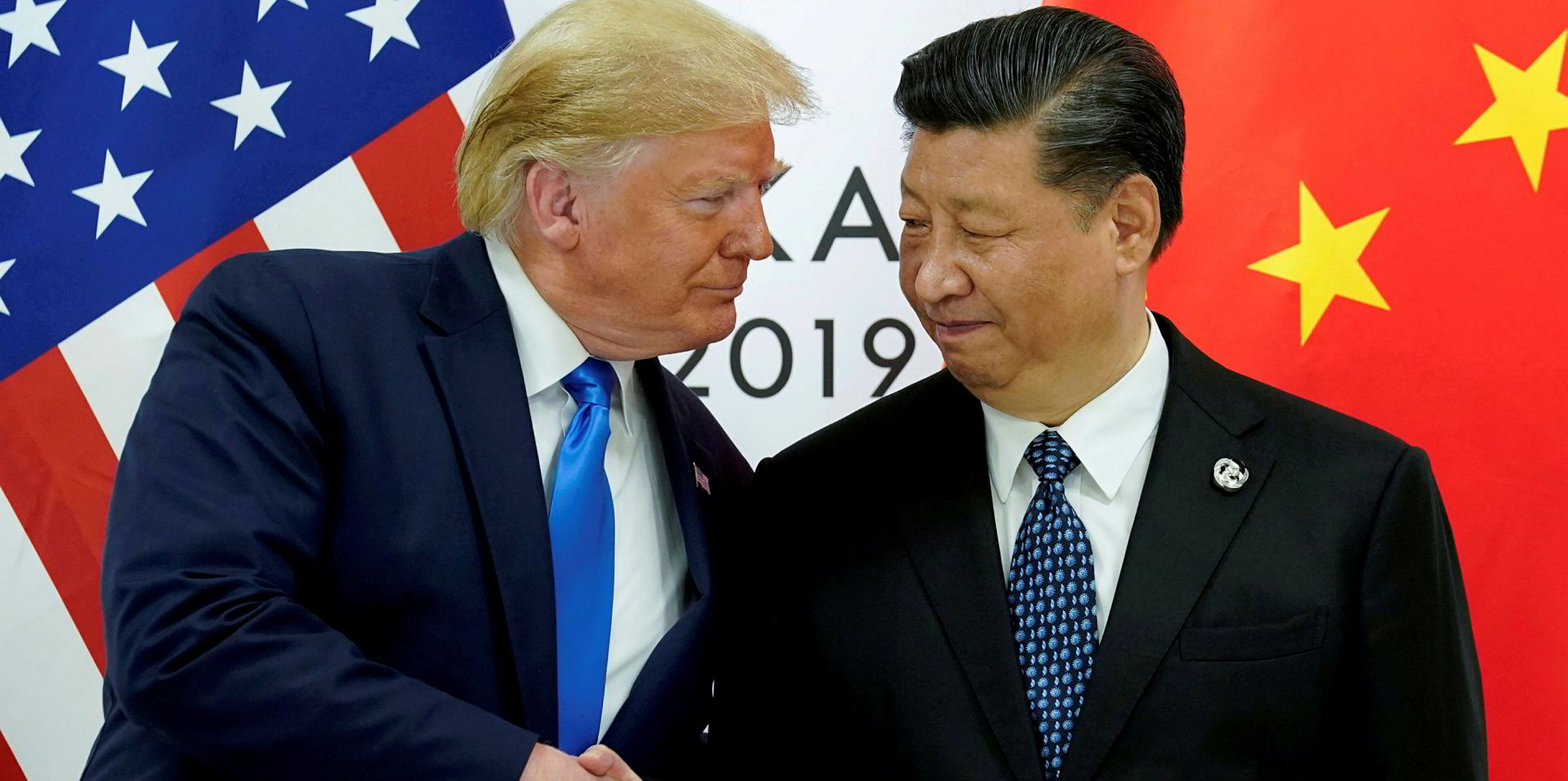Governments are engaged in the maritime and economic sphere in a way that will send shivers down the spines of “free-market” enthusiasts.
A surge in global equity prices this week came on the back of speculation that Donald Trump is preparing to inject $1trn into US infrastructure projects.
Bulker stocks rallied as policymakers worldwide took what are in effect political decisions to open up their economies after lockdown.
Global governments have been praised for ensuring that businesses were propped up and staff paid with public money.
These are unusual circumstances, for sure: a global pandemic does not come round every day, thankfully.
But it has emphasised that national governments — previously seen as increasingly marginalised in a globalised economy — have a role to play.
Muddy waters
State interventions muddy the waters when it comes to international rows over, say, shipbuilding subsidies.
Japan is engaged in a bitter dispute with South Korea over Seoul’s help with shipyard restructuring. Yet you only have to delve back to 2017 to remember that Tokyo helped containership operators MOL, NYK Line and K Line with tax changes.
A Danish company, AP Moller-Maersk, has been angrily complaining about a $380m South Korean bailout of its key liner operator, HMM, and Taiwan’s state aid to its boxship business, Yang Ming Marine Transport.
Maersk chief executive Soren Skou described these moves as “totally unacceptable” because they foster unfair competition. He demanded that the European Union wade in, as indeed it has over shipyard subsidies.
There are likely to be more of these subsidy rows, as governments have got used to intervening in their local economies during the pandemic
Yet Denmark’s shipping industry has been praising ministers for continuing to pay state aid to maritime businesses and workers during the pandemic.
And fellow European liner giant CMA CGM recently tied up a $1.1bn refinancing deal with a consortium of banks, which was largely guaranteed by the state.
German rival Hapag-Lloyd had also previously criticised Asian state aid to the maritime sector, but chief executive Rolf Habben Jansen told a press briefing last month that he had some sympathy for the bailout of HMM, a partner of Hapag-Lloyd in THE Alliance.
“I don’t think this will massively disrupt the industry, but generally we should not have too many of these state bailouts and hopefully we will not see too much more,” Jansen said, according to JOC.com.
Meanwhile, few people really have a clue about the interwoven web of state involvement in the Chinese maritime sector.
It would be fair of South Korea to argue in retaliation with Japan that it too was only trying to protect itself after becoming a victim of overcapacity due to the expansion of state-backed Chinese shipyards.
Get used to more disputes
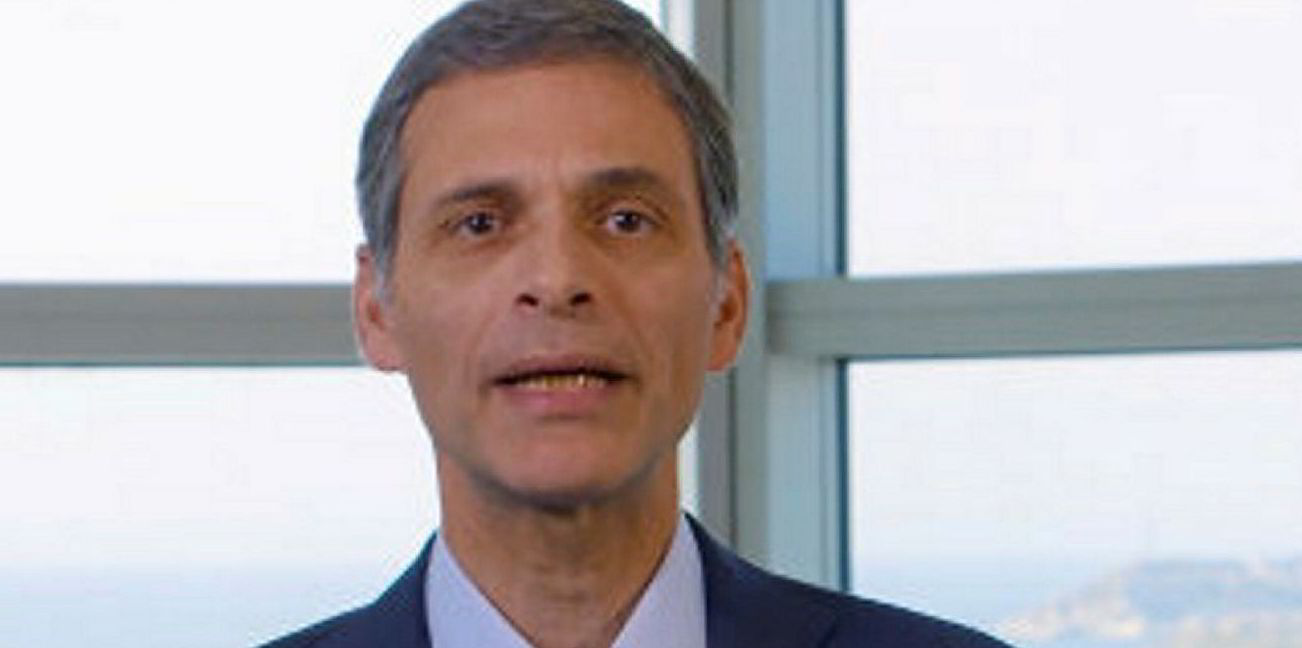
Subsidy disputes have in the past been taken to the World Trade Organization (WTO). They often take an inordinate time to pursue and the results can be inconclusive. The last time South Korea was cited at the WTO by the EU over shipyard aid, both sides claimed victory.
But there are likely to be more of these rows, as governments have got used to intervening in their local economies during the pandemic.
There is also the upsurge in nationalism from Trump, Boris Johnson in the UK, Jair Bolsonaro in Brazil, Xi Jinping in China and others.
International rule-making bodies such as the WTO or even the IMO could well come under strain themselves. Apart from instigating a trade war with China, Trump has withdrawn from the Paris climate change agreement and pulled funding from the World Health Organization.
We are moving from globalisation into a more complex if not dangerous multi-polar world of competing national interests, where government intervention and protectionism may be the norm.
No golden age
But equally, it would be wrong for free-market enthusiasts to imagine a golden past in which policymakers were absent from the world of trade and business. Even at the height of free-market orthodoxy, the US cabotage and European tonnage taxes were not wound down.
Since the 2008 financial crisis, economies around the world have been kept afloat on the back of governments providing cheap credit through “quantitative easing” and other means.
And when it comes to tackling the biggest future challenge — decarbonising shipping — some kind of state funding for research and development would surely be popular with everyone.
